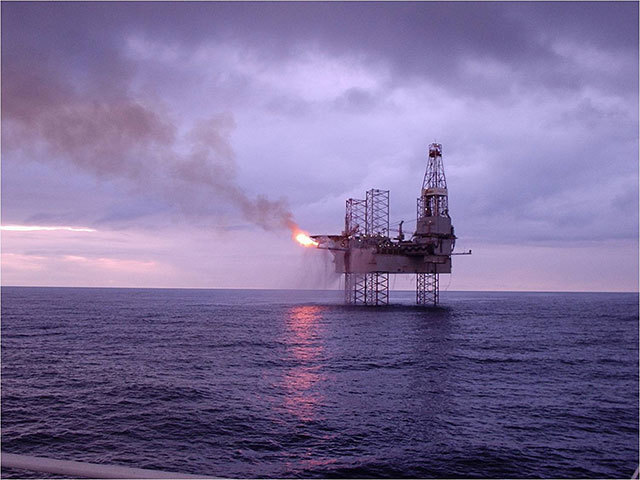
Danny Alexander has pledged to deliver “positive” tax news to offshore firms next month as part of a package of measures to secure the future of the sector.
The chief secretary the Treasury admitted that the UK Government must accept lower North Sea receipts over the coming years if the industry is to flourish.
Ministers are expected to unveil new tax breaks to try to boost exploration in the autumn statement on December 3, following a review.
The details will be eagerly awaited by oil and gas leaders, amid growing concern over the consequences of lower prices and higher costs.
Mr Alexander also said he would make an announcement in Aberdeen this week about the future of the new North Sea industry regulator.
A chief executive is due to be appointed to get the body up and running.
Asked about the outcome of the fiscal review, Mr Alexander said: “We’re digesting that at the moment and, as I say, my view is that what the North Sea needs is a clear signal from the government that the tax regime will become more benign, to maintain and enhance the positive environment we’ve created in the last few years.”
Pressed for details on the anticipated tax breaks, the Inverness MP added: “We haven’t decided what the content will be.
“We’re still working on that and we’ll make announcements on that in the autumn statement. But very definitely the direction of travel has to be towards an even more positive tax environment for the North Sea over the next few years.
“We’re reaching a stage with the North Sea where there’s a very direct trade off between economic activity and the fiscal regime, and actually we’ll get in total more tax over more years if we have a system that encourages investment, particularly exploration.
“I passionately believe that the oil and gas sector has a hugely important future in Scotland, and it’s going to be a big part of our economy for many years to come, but that is also going to mean accepting that tax receipts are going to be lower.
“The agenda for the review is very definitely not ‘how do we put up taxes on the North Sea’.”
Concern has been expressed in the industry about the time it has taken to establish the new regulator, which will be called the Oil and Gas Authority and will be based in Aberdeen.
Mr Alexander said: “We’re making very good progress on that. I’m actually giving a speech in Aberdeen on Thursday to the Energy Institute’s north of Scotland annual dinner, in which I hope to set out a bit more progress on the regulator.
“We’re cracking on with it at top speed.”
Malcolm Webb, chief executive of industry Oil and Gas UK, said the stakes were high for the sector.
“The industry is facing its biggest challenge in 50 years, and the time to act is now,” he said.
“We urgently need the swift implementation of the recommendations of the Wood Report and the right outcome to the review of the industry’s tax regime, which the chancellor will announce in his autumn statement.
“On top of this, the industry has a significant cost and efficiency challenge, the importance of which has only been underlined by the recent downward move of the oil price. In order for this mature basin to remain competitive and to maximise economic recovery of our remaining oil and gas resources, we need the right outcome on all of these challenges.
“A failure to overcome any one of them will have serious implications for the future health of the UK Continental Shelf.”
Recommended for you
